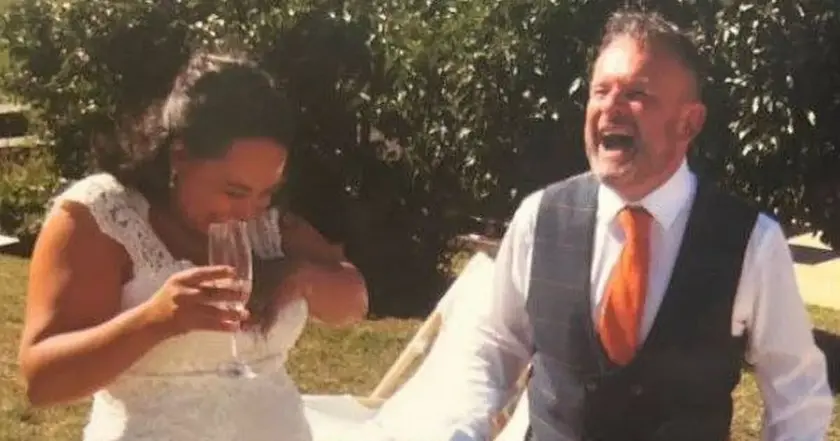T4K3.news
Update on brain tumour story
A Scottish father battles glioblastoma after unusual symptoms; fundraising continues to support research.
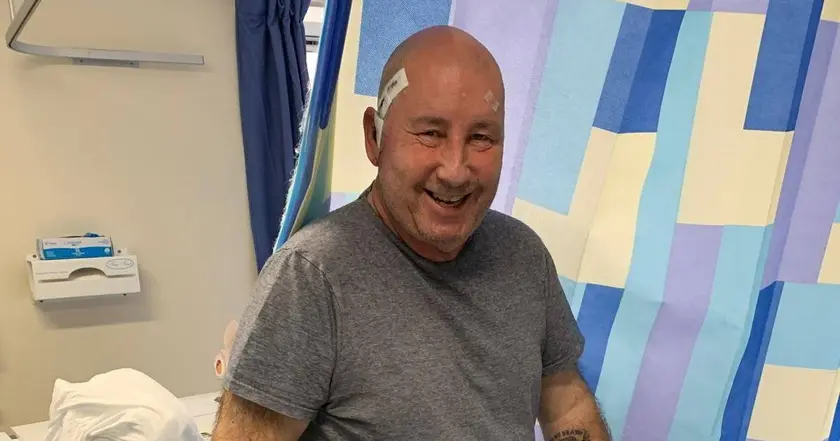
A Scottish father is living with glioblastoma after months of odd smells and balance problems.
Strange smells signal glioblastoma battle
In January 2024, Steve Turnbull began falling ill after tasting gravy and then was hit by a wave of unusual smells, including candy floss. He also developed headaches and trouble with balance, leading to an MRI in June that found a brain mass the size of a tennis ball. Surgery on July 12 reduced the tumour, and doctors pursued radiotherapy plus chemotherapy to control it. Pathology confirmed glioblastoma, an aggressive and incurable cancer. He has since undergone second-line chemotherapy (PCV) as the tumour progressed and is awaiting a follow-up MRI to decide the next steps. He and his wife Heather, a Police Scotland manager, marked progress by taking part in the Dundee Kiltwalk and raising funds for the Scottish Brain Tumour Research Centre of Excellence.
The Turnbulls are not just sharing a medical tale; they are turning it into action. They set a fundraising target of £1,000 and surpassed it with more than £1,750 raised, while relatives plan to run the Edinburgh Marathon next year. Medical staff were honest about the prognosis: the goal is to ease symptoms and prolong stability, not cure. Steve has remained determined, saying he will pursue clinical trials and travel if needed to help others. Ashley McWilliams of Brain Tumour Research praised his persistence and the value of raising awareness about this often confusing illness. The story highlights a broader concern: brain tumour research is underfunded, even as it remains a leading cause of cancer deaths among younger people, underscoring the need for sustained support and clearer paths to early diagnosis.
Key Takeaways
"A few days after the gravy incident I smelled candy floss."
Steve Turnbull describing early symptom
"This tumour is not going away, but we are not giving up."
Steve Turnbull on attitude toward illness
"If my story helps someone push for a scan when something feels wrong."
Steve Turnbull explains purpose of sharing
"Brain tumour research is underfunded, even though it is the biggest cancer killer."
Ashley McWilliams on funding
The article spotlights a quiet crisis in health care: rare, early signs can mask a dangerous illness, delaying diagnosis and treatment. Candy floss smells or other odd sensory changes may seem trivial, but they can be clues that prompt people to seek care sooner. The Turnbulls’ fundraising shows how patient stories can mobilize communities where public funding for brain tumour research still lags behind the scale of the problem. This piece also underscores the human side of treatment choices, from aggressive surgery to the reality that even with modern therapy, glioblastoma has a grim prognosis. It raises a broader question about how health systems prioritize research funding when the burden falls most heavily on younger patients and families. The balance between hope and realism is delicate, and the Turnbulls’ example demonstrates how personal resolve can drive both care and advocacy forward.
Highlights
- A few days after the gravy incident I smelled candy floss.
- This tumour is not going away, but we are not giving up.
- If my story helps someone push for a scan when something feels wrong.
- Brain tumour research is underfunded, even though it is the biggest cancer killer.
Courage meets a call for stronger support and research funding.
Enjoyed this? Let your friends know!
Related News
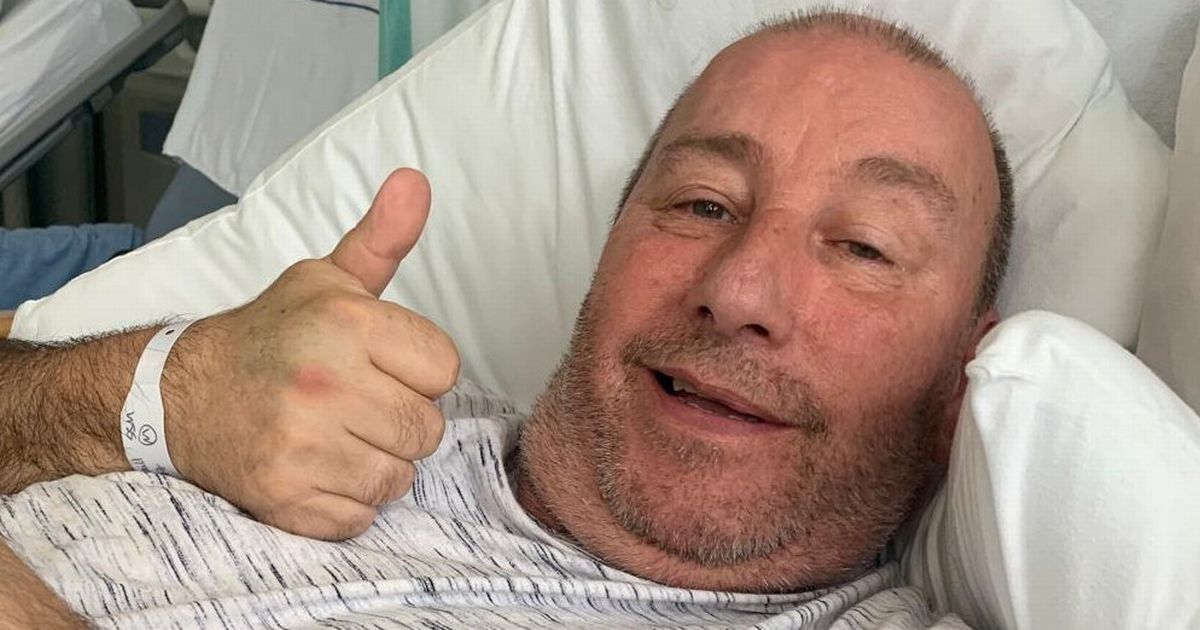
Brain tumour awareness and fundraising update
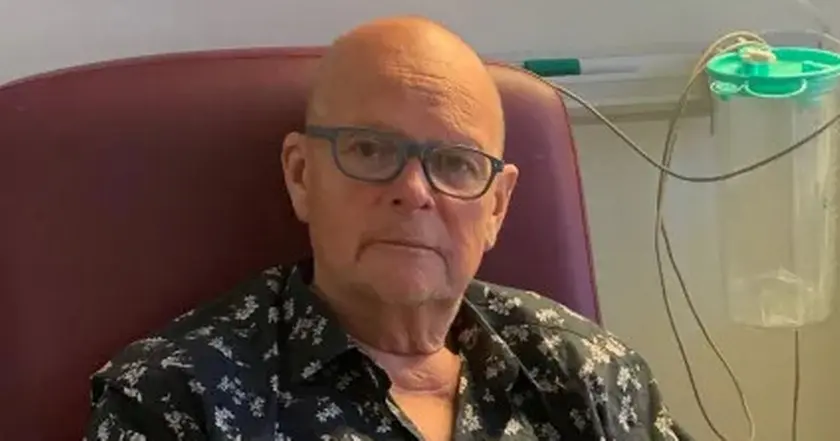
James Whale has died at age 74
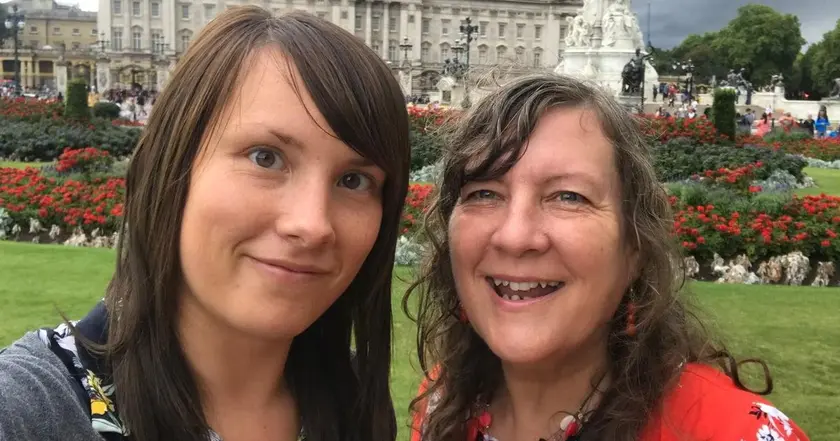
Mum diagnosed with brain tumour after ignoring leg pain
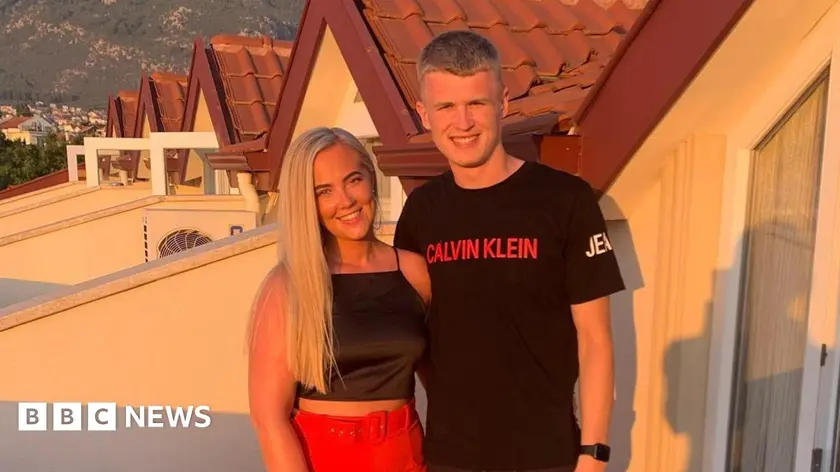
Health update

Brain tumours need more support
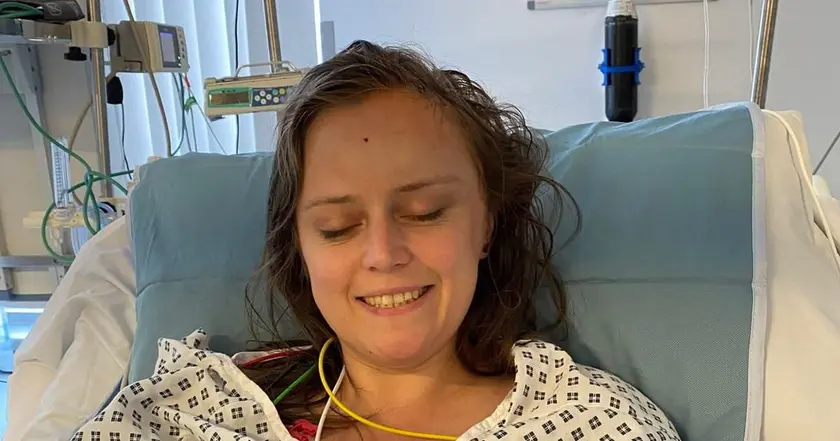
Brain tumour misdiagnosed prompts charity fundraising
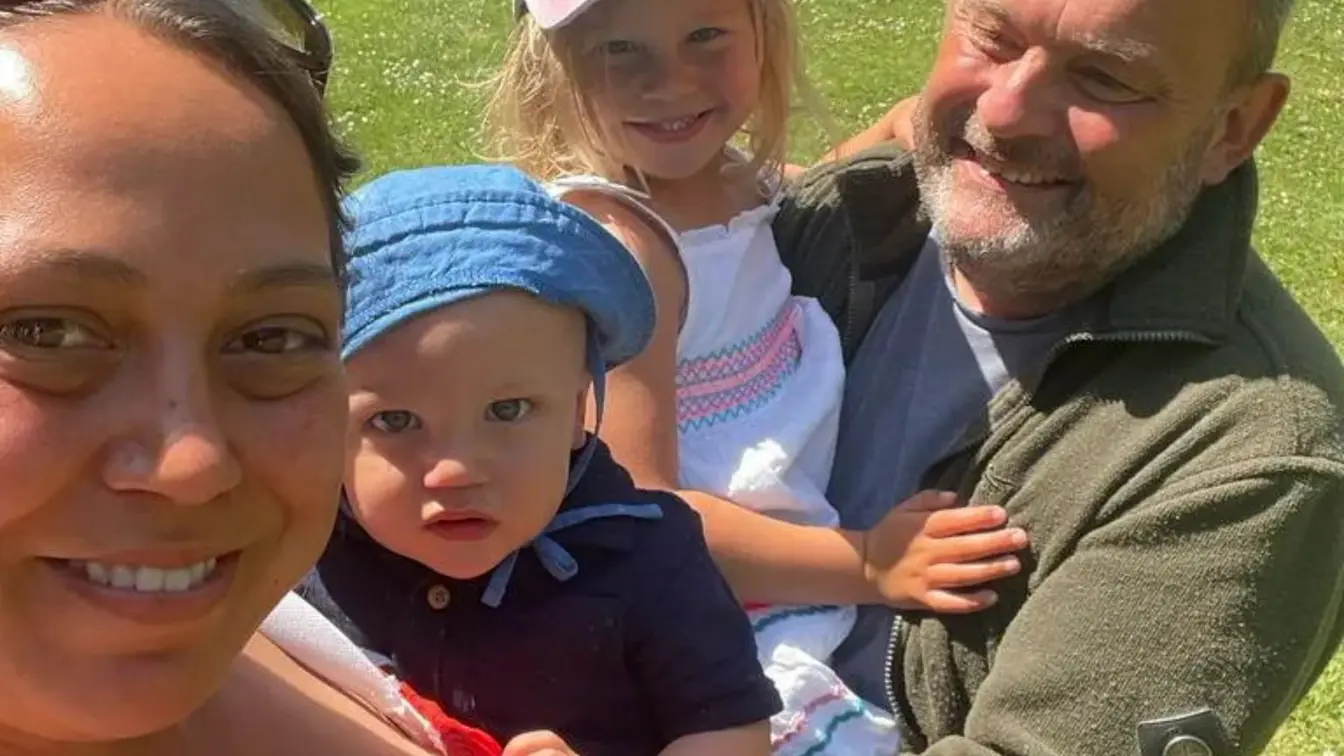
Husband's paranoia masked deadly glioblastoma diagnosis
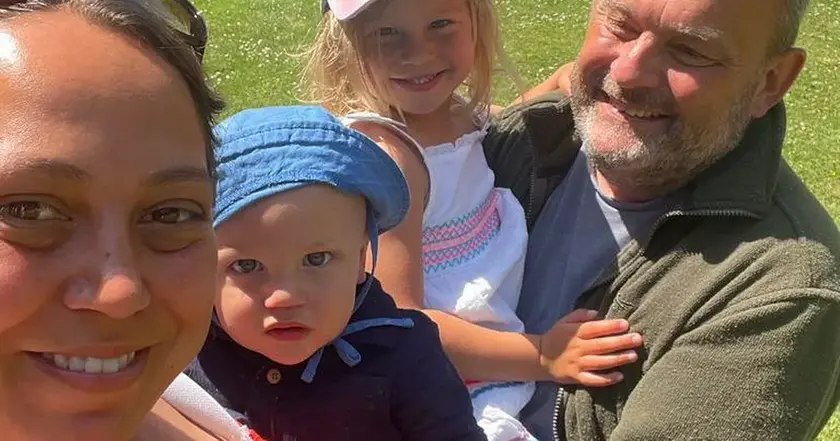
Father dies after misdiagnosed brain tumor
